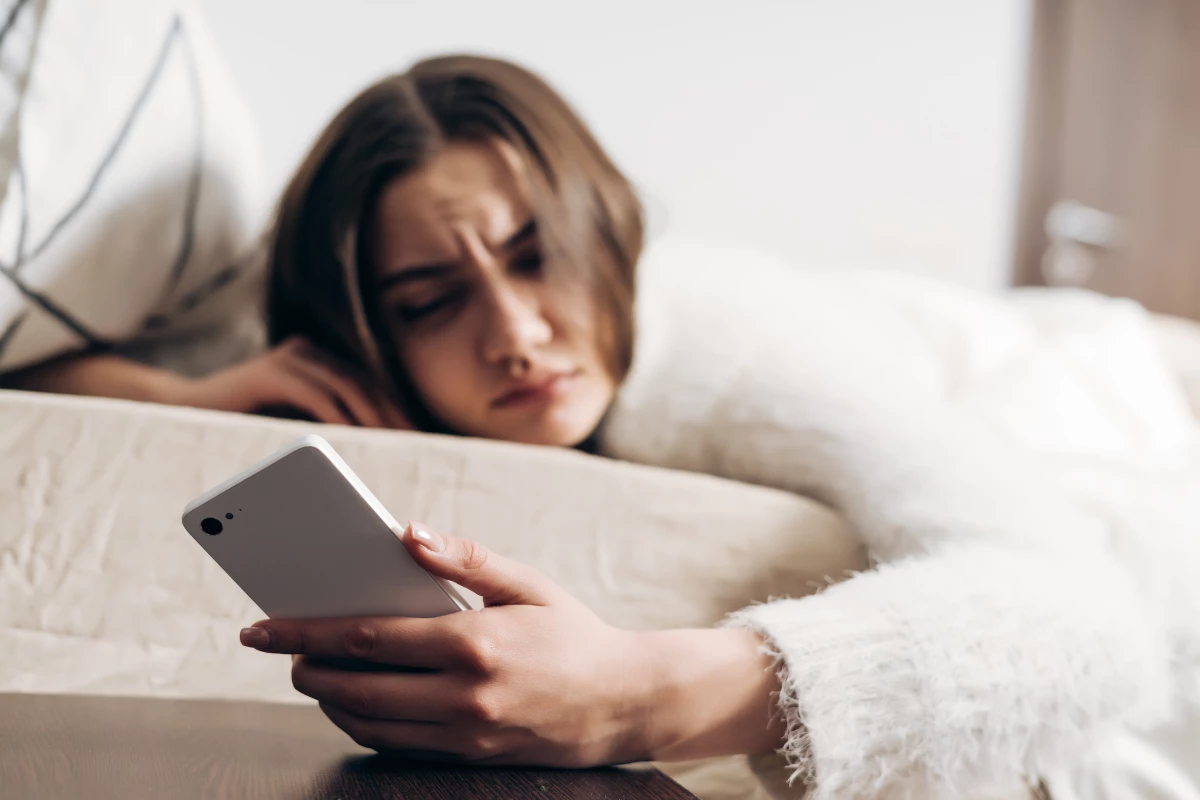It makes a certain amount of sense to think that a harsh, jarring alarm tone would be most effective at thoroughly waking a person up. According to a new study, though, a melodic tone may work best for minimizing morning grogginess.
The phenomenon of still feeling sleepy after getting up is known as sleep inertia (SI). It can last for up to four hours after initially waking, and while it's a drag for most us, it can be downright dangerous to people whose jobs require them to be immediately active and alert – such people could include firefighters, pilots and soldiers.
The recent one-year study was conducted by scientists from Australia's RMIT University, and involved 50 remotely-participating adult volunteers of both sexes. Utilizing an online survey, each person kept a record of the type of alarm tone they used. Additionally, within four hours of waking up, they logged their alertness levels based on the standardized Likert sleep inertia scale.
Overall, it was found that there was "a significant relationship between the measure of perceived SI intensity and the reported melodicity of the subject’s waking sound." In other words, the less melodic the sound, the greater the levels of sleep inertia.
Although the reason for such a relationship still isn't entirely understood, the researchers do have a theory.
"We think that a harsh 'beep beep beep' might work to disrupt or confuse our brain activity when waking, while a more melodic sound like The Beach Boys' 'Good Vibrations' or The Cure’s 'Close to Me' may help us transition to a waking state in a more effective way," says Assoc. Prof. Adrian Dyer. "If we can continue to improve our understanding of the connection between sounds and waking state, there could be potential for applications in many fields, particularly with recent advancements in sleep technology and artificial intelligence."
A paper on the study, which was led by doctoral researcher Stuart McFarlane, was recently published in the journal PLoS ONE.
Source: RMIT University




